Chapter Seven: Comprehending Oral Messages – English Form One
Introduction
Communication is a two-way traffic. For a message to be transmitted and received correctly, both sides involved in the communication process should effectively comprehend the information.
Therefore, comprehending oral messages helps to communicate effectively in different contexts. In this chapter, you will learn to paraphrase and respond to various oral messages from different contexts.
Additionally, you will participate in various phone conversations. Furthermore, you will learn to respond to questions about oral messages. The competencies developed will enable you to communicate appropriately in different contexts.
Think About
- How you understand others when they speak English to you.
- Whether other people understand you when you communicate with them in English.
Activity 1: Paraphrasing Various Oral Messages
What do you do when you paraphrase?
You say or write it in your own words.
Understanding Paraphrasing
Study the following sets of sentences and identify the differences:
I am happy.
I feel great.
My mother was shocked.
My mother was dismayed.
The shirt was expensive, so I couldn’t buy it.
I failed to purchase the shirt, because it was high-priced.
Questions:
- Do you see any difference in each pair of sentences in both sets? What is the difference?
- Does the meaning of each sentence change when paraphrased? How?
How was your day, Shedenga!
My day was awesome, Guilla! I need your help.
Which help my friend?
I sometimes fail to paraphrase, especially sentences and paragraphs.
Ooh! Worry not, let me help you. Let’s start with the meaning of paraphrasing. It means using your own words to express a speech or text clearly without changing its original meaning. For instance, the sentence “She has been fond of watching games since she was young” simply can be paraphrased as “She has been enjoying watching games since her childhood”
Steps for Paraphrasing Complex Text:
- Read carefully while highlighting words and phrases to be changed
- Rewording – Use a dictionary to find synonyms while preserving meaning
- Rewriting – Change word forms and re-arrange sentences
- Re-checking – Compare the new version with the original
Why is paraphrasing important?
- Develops vocabulary
- Enhances communication skills
- Helps in interpreting ideas and information
- Sharpens thinking and understanding
Activity 2: Responding to Oral Messages from Different Contexts
Hi Fati! Wow, you look great my friend.
Thank you, Fati! You look gorgeous too. Where are you off to?
To the market. Kalali Market is far but we can’t avoid going there.
- Smile – Reduces anxiety and fear
- Breathe – Let go of negative emotions
- Think – Consider the answer calmly
- Talk – Deliver your carefully thought answer
Simon Says Game
Play the Simon Says game and respond to oral instructions:
- If the statement begins with “Simon says”, respond to the instruction
- If the statement doesn’t begin with “Simon says”, don’t respond
Examples:
- Open the door.
- Close your eyes.
- Clap your hands.
- Stand up.
- Open your book.
Phone Conversations
Conversation A – Informal
Hello! My name is Kongoya Malumbi! How’s it going?
Hello Kongoya! It’s going well. What’s up!
I’m sorry. I’m Londa’s classmate. May I speak with him?
Conversation B – Formal
Good afternoon. My name is Sadala Nova, from Kurunzi in Mpome Ward.
Good afternoon. You are welcome Mr. Nova, This is Moonile speaking from the headquarters of the National Environmental Management Council (NEMC) Public Relations and Communication Unit, how can I help you?
| Formal Phone Conversation | Informal Phone Conversation |
|---|---|
| Used for official purposes, job interviews, contacting authorities | Used for casual, personal and friendly interactions |
| Uses formal language, polite and respectful interaction | Uses informal language, relaxed and friendly interaction |
| Begins with formal greetings and states name, place and purpose | Starts with casual greetings and friendly questions |
| Flows professionally, asks for clarification if needed | Flows naturally without specific agenda |
| Ends by summarizing main points, thanking for time | Ends casually with informal closing statements |
Activity 3: Responding to Questions About Oral Messages
Doctor-Patient Conversation
Excuse me doctor! May I come in?
Yes of course, you are welcome!
How’re you, Doctor?
I’m fine. How can I help you?
I’ve not been feeling well. I’ve had pains in my stomach since morning.
- What is the dialogue about?
- Who started the dialogue?
- Why did the patient visit hospital?
- What symptoms did the patient have?
School Election Interview
Welcome to the school election committee panel!
Thank you all, good afternoon!
Good afternoon! Could you please introduce yourself?
My name is Kibibi Mita. I’m currently in Form One, majoring in Agriculture and Food Processing subjects. I’m excited about running for the students’ welfare leadership position.
Why are you interested in that position?
Practice Questions for Role-play:
- What makes you think you fit in that position?
- What will you do to help your fellow students with low academic performance?
- How will you motivate your fellow students to study hard?
Interview Response Tips:
- Listen carefully to each question
- Think before you speak
- Be honest and authentic
- Use appropriate vocabulary
- Maintain eye contact and positive body language





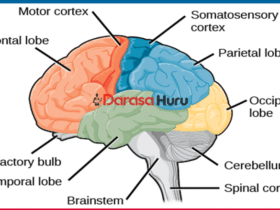
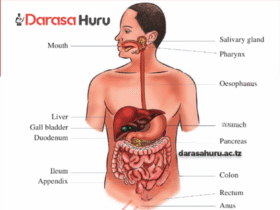

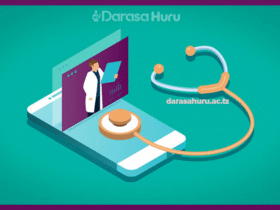


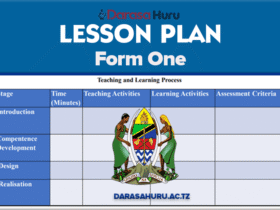




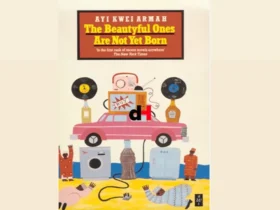
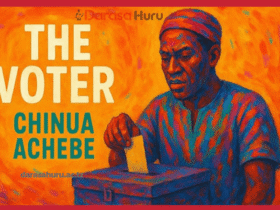


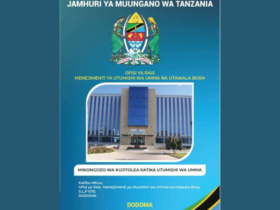
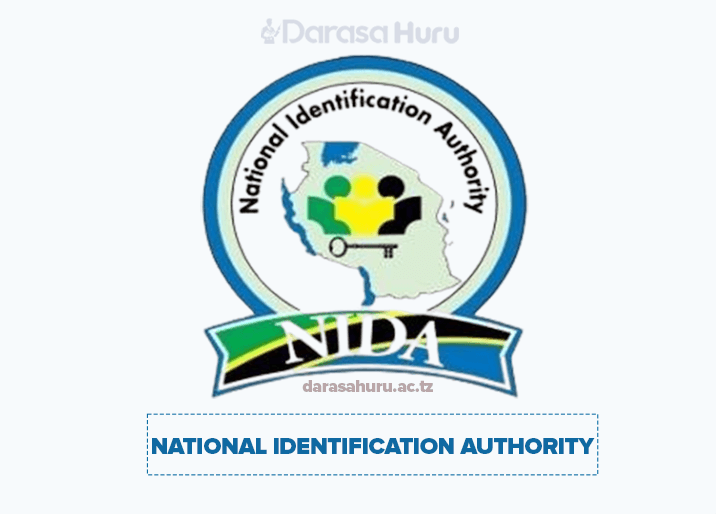

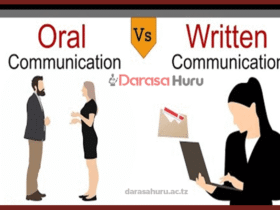








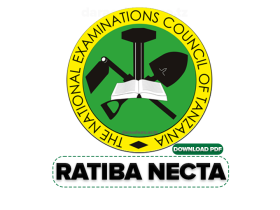


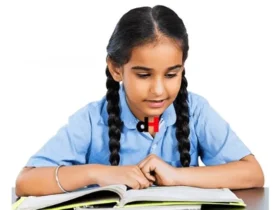
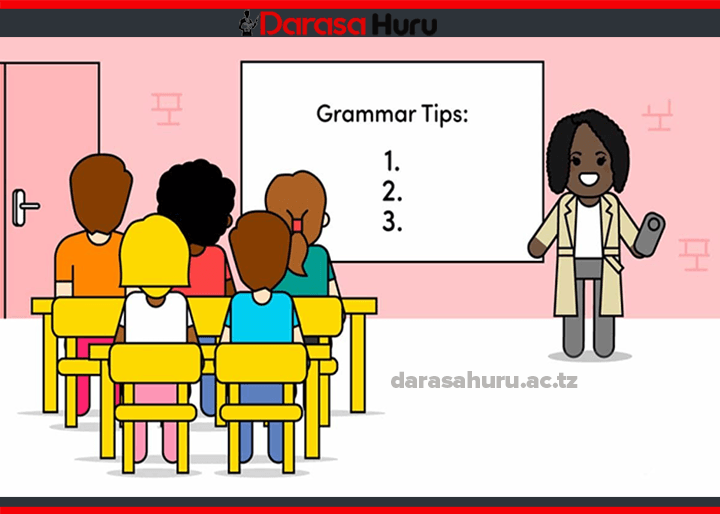

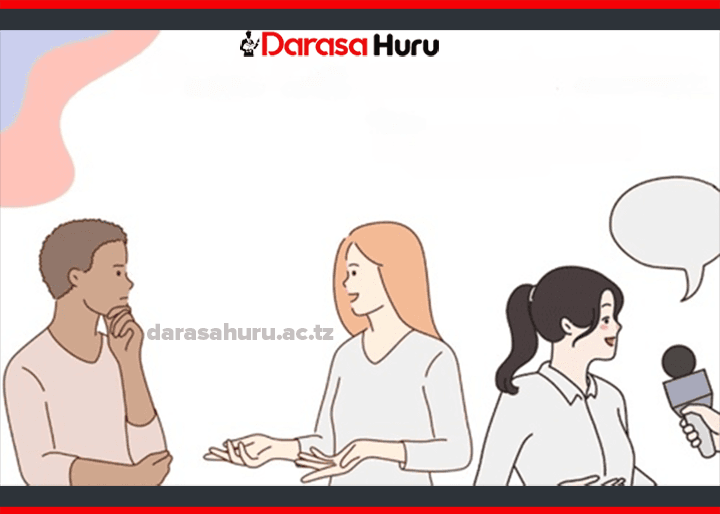
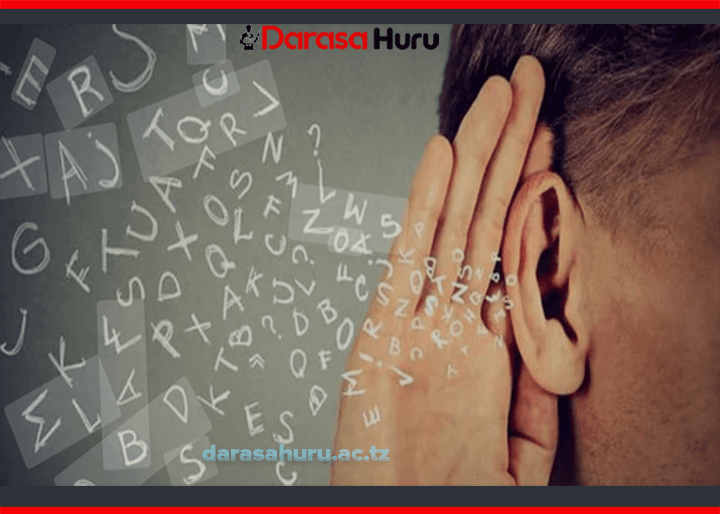
Leave a Reply